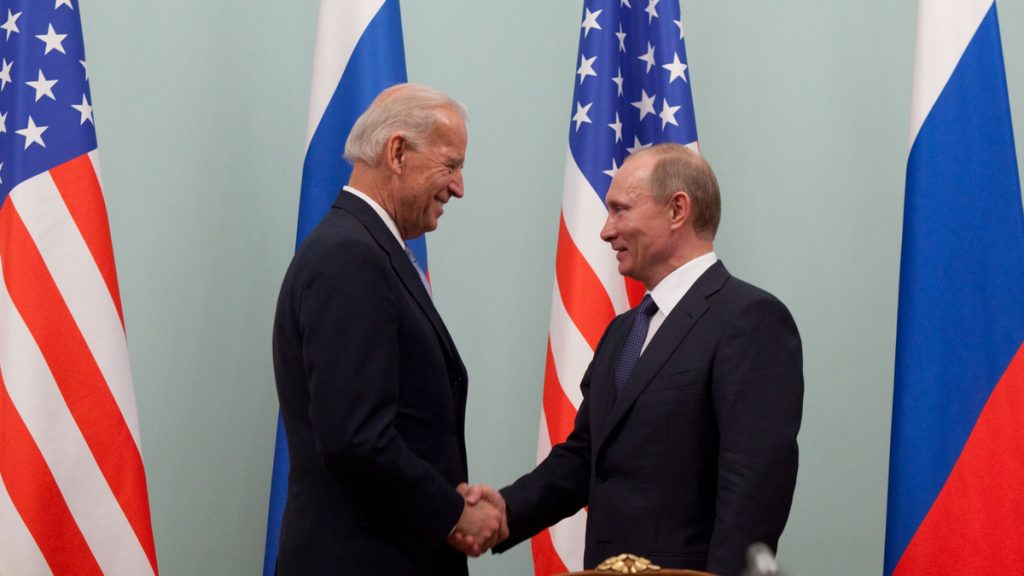“War is only a passing phase in business life”, said James Gordon Farrell, an English-born novelist of Irish descent. Indeed, despite the conflict in Ukraine that resulted in dozens of thousands of dead troops, as well as millions of displaced people, the Kremlin and its Ukrainian and Western partners seem to attempt to continue doing business as usual.
The war in the Eastern European country had a significant impact on the global economy, although it did not lead to a complete economic “decoupling” between Russia and the West. The European Union, in response to the Russian invasion of Ukraine, imposed several packages of sanctions against Russia, but to this day it continues (indirectly) purchasing Russian gas and oil. Also, most Western companies still operate in Russia, even though the European Parliament declared the Russian Federation to be a “state sponsor of terrorism”.
The Kremlin, for its part, repeatedly extends the UN-brokered grain deal that allows Ukraine to freely exports its grains, consolidate its budgets, and reportedly even get weapons via the Black Sea route. By doing so, Moscow consciously helps its opponent improve its performances ahead of the imminent military offensive in the southeast of the country. Further, more than one year after Russia launched the full-scale invasion of Ukraine, Moscow still uses Ukrainian pipelines for gas exports to Europe. At the same time, Russia continues exporting its gas and oil to “unfriendly” European countries, who then re-export energy to Ukraine. Reports suggest that Ukraine gets the de facto Russian gas from Poland, as well as from the Baltic states such as Latvia, Lithuania and Estonia. Moreover, it is not a secret that Bulgaria purchases oil from Russia, and then re-exports it to Ukraine.
Some EU nations have officially stopped importing Russian oil directly from “the state sponsor of terrorism”, but they continue purchasing it from third countries. For instance, record high imports of crude oil from Russia in fiscal 2022-23 have helped India’s refiners boost exports of diesel and jet fuel to Europe. Further, this year energy-rich Azerbaijan plans to increase its natural gas exports to Europe, but that does not necessarily mean that the South Caucasus nation will export its own gas. At the end of 2022, Russia’s energy-giant Gazprom has reportedly started increasing its gas exports to Azerbaijan. Could it be that Azerbaijan is supplying Europe with the de facto Russian gas?
Energy is not the only aspect of economy where Russia, Ukraine and the West continue doing business more or less as usual. Less than 9 percent of about 1,400 EU and G7 companies that had subsidiaries in Russia before Moscow invaded Ukraine divested from the Russian Federation. In addition, some Western enterprises continue supplying Russia with technology. A British company Mykines Corporation LLP appears to have arranged the sale of about $1.2 billion of electronics into Russia. It is believed that at least $982 million of the goods listed as sent by Mykines are subject to restrictions on export by UK companies or individuals to Russia.
The Kremlin, on the other hand, continues portraying the West, particularly the United States, as its arch enemy, but that does not prevent Moscow from purchasing US government securities. In October 2022, Russia’s investment in the US government securities reached $2 billion. Even though in March this year Russia adopted a new foreign policy concept that describes the US as “the main instigator, organizer and executor of the aggressive anti-Russian policy of the collective West”, it is extremely unlikely that “the collective Putin” will stop investing in the American financial system anytime soon, if at all.
Russia’s ally Belarus also continues cooperating with the West. On March 30, which is when Russia added Hungary to its list of “unfriendly nations”, Belarusian and Hungarian business people held a meeting in the Central European country aiming to increase economic ties between the two states. Previously, on February 13, Hungary’s Foreign Minister Peter Szijjarto visited Minsk, despite various sanctions the EU has imposed on the former Soviet Republic. The following month, on March 24 – despite the air embargo the European Union has imposed on Belarus in 2021 – an “air ambulance” from France arrived in Belarus. On that day, Bernard Emie, the head of the General Directorate for External Security of the French Ministry of Defense (DGSE), visited Belarus where he met with the country’s officials. Could it be that the West, despite a new Cold War, does not want to burn all bridges with Minsk?
There is a Russian proverb saying “For some people war is war, for others – dear mother”. In other words, some people suffer from war, while some people make a fortune from it. As the American writer Thomas Pynchon wrote in his novel Gravity’s Rainbow in 1973, “The real business of war is buying and selling”. And that is exactly what Russia and its Western and Ukrainian partners are doing.
